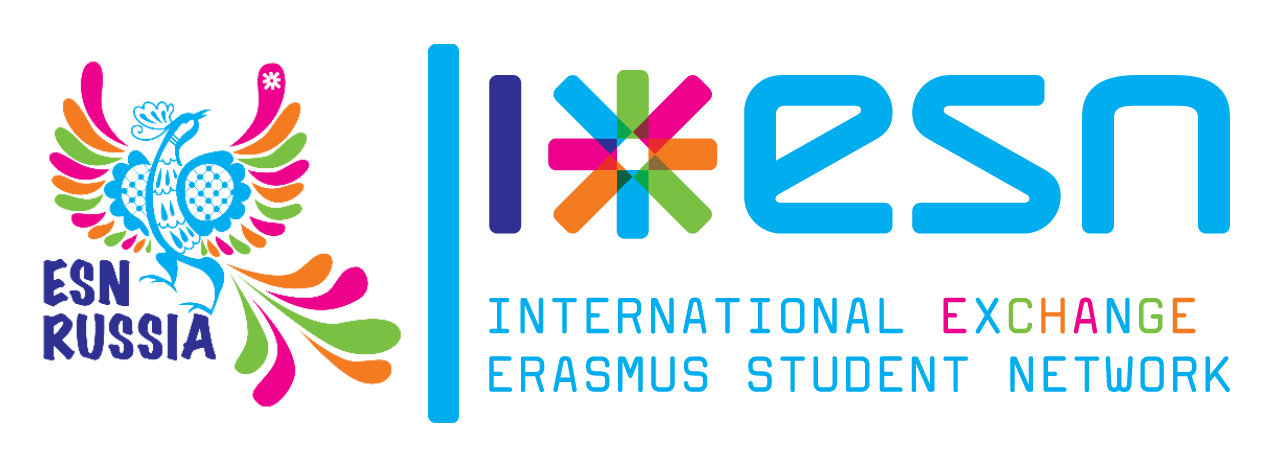Every year on the last Sunday of September, International Day of the Deaf is celebrated all over the world. In 2017, this day is the 24th of September. According to the Russian Ministry of Health and Social Development, in Moscow there are about 5,750 deaf or hard of hearing people and about 200,000 in the whole country.
Deafness and hearing loss is not at all a misfortune, but it is perceived as such in society. Though it is not an infirmity, deaf people still face many educational difficulties in their scholastic career. As a rule, Russian deaf and hard of hearing people study in separate correctional schools from the other children. Even in these correctional schools, some teachers do not know sign language and it can result in misunderstandings and a lack of communication between them and the students. This leads to children developing a dislike for attending school, which will affect their acquisition of knowledge for the rest of their life. As a result, we come to the conclusion that a deaf child can face additional difficulties in enrollment to a college or a technical school, and especially to a university.
Deafness and hearing lossis not at all a misfortune
Today in Russia there are 42 specialized universities (7 of them are located in Moscow) which can ensure training opportunities for hard of hearing people by providing audio reproduction equipment and a sign language interpreter. However, the availability of these sign language specialists is limited, and therefore the deaf students’ choice of profession is significantly narrowed. Nevertheless, a deaf person, like any other person, has the right to education so steps must be taken.
Undoubtedly, people with hearing loss are capable of mastering educational programmes at a high level, but what is being done to facilitate their access to education? One of the solutions would be the provision of a sign language interpreter during training in a college or at a university. In some countries there are specialists who are assigned to deaf students for taking notes. In Japanese universities, such education is treated differently. Should there be a person with hearing impairment, his or her classmates will study sign language during the semester, to ensure his or her inclusion into the community.
However, the increasing progress of modern technology helps to make education more inclusive and available for everyone. Distance training for students with physical disabilities guarantees the access to higher education including course materials and academic assistance. The spread of the Internet and global networks would allow both students and professors to engage in academic communities regardless of their physical functioning. It has been successfully integrated and implemented in the UK, USA, Germany, Japan and Australia. Unfortunately, today in Russia there are only few universities dealing with a similar approach (e.g. Moscow State Regional University and Bauman Technical University).
A deaf person, like any other person,
has the right to education
When it comes to describing hearing impairment, people often use the term “deaf-mute” which is not accurate, since not all deaf and hard of hearing people are mute and they generally have functioning vocal chords. Some people even think that a person who cannot use his or her voice is not able to develop their cognitive abilities, which of course is not the truth. History knows many examples of successful people with hearing impairment. One of the most famous is Helen Adams Keller, an American writer and political activist. Having lost her ability to hear as a child not only did she not give up, but she became the first deaf and blind woman to get a college degree and became an advocate for people with disabilities all over the world. Another fact proving the feasibility of social inclusion of deaf and hard of hearing people is the common sense of beauty. Under the initiative of Paul Whittaker, the Deaf Youth Orchestra was created; opening up for a deaf community by bringing professional musicians and children with hearing impairments together. Paul Whittaker is helping his student get familiarized with the world of art by making sure music is an essential part of everyone’s life regardless of their hearing ability.
While the access to education for people with hearing impairment is limited, there is a general trend of improving conditions which provide a wider range of possibilities for obtaining an academic degree. Each community and each country should strive for the creation of such an environment for social inclusion by adopting the already existing worldwide advances in accessibility of education.
Each community and each country
should strive for the creation of such an
environment for social inclusion by adopting
the already existing worldwide advances
in accessibility of education.
Author: Alexandra Sukhoveeva
Editors: Ekaterina Fedko, Marcello Vitanza


Follow us